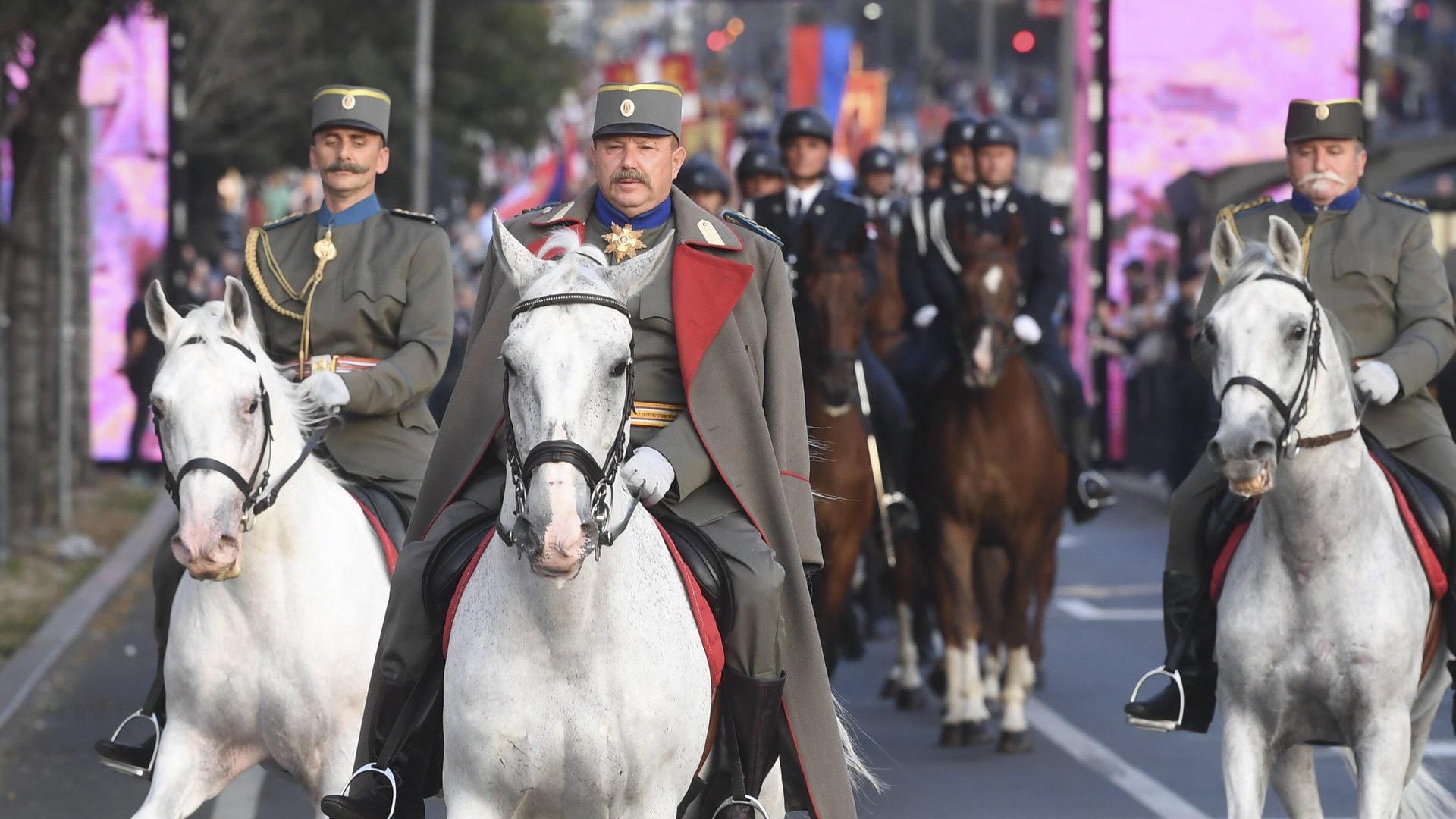
The Potemkin facade of Vučić’s rule
The pre-election awakening of Serbian nationalism.
But what do the citizens of Serbia think about this inflation of national awareness?
Aleksandar Vučić built his entire career on the chauvinist narrative of “us versus them” and “we're the best.” It will be difficult to beat him on those grounds.

Dario Hajrić
Dario Hajrić writes opinion pieces and analyses on the topics of social power, violence, the political class and the media. He cooperates with Deutsche Welle and the portal Remarker.
DISCLAIMERThe views of the writer do not necessarily reflect the views of Kosovo 2.0.
This story was originally written in Serbian.